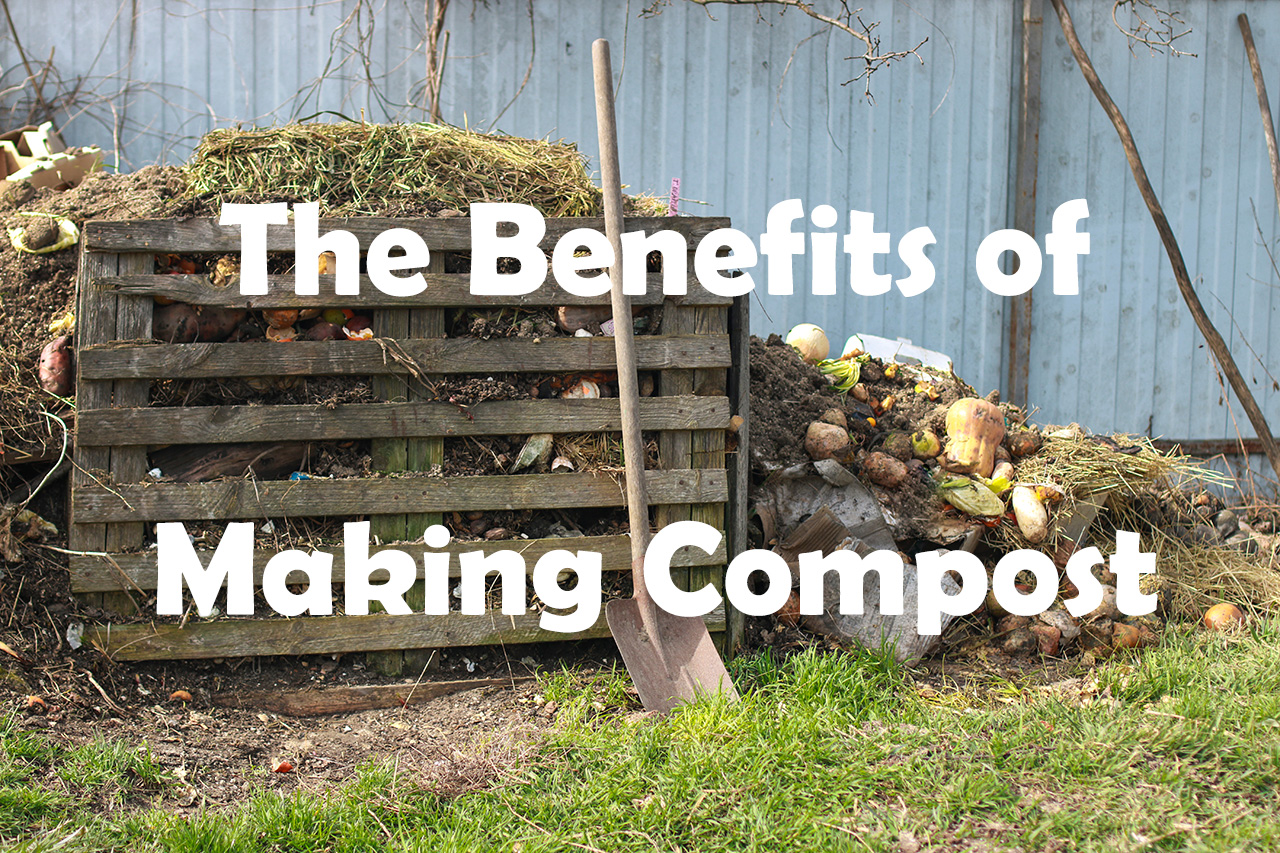Benefits of Making Compost
Feb 2nd 2023
Imagine if you could get a free-soil amendment that could help your plants thrive while benefiting the environment and cutting down on waste. Well, it is easy to do, thanks to a simple, practical, and time-proven gardening practice called composting.
There are many benefits to making compost, and it is easy to do. But following a few simple rules can help you produce the best possible. Read on for some easy tips from DripWorks to help you make your own compost.
What Is Compost?
Compost is simply a soil amendment created by the action of natural bacteria and fungi breaking down organic matter. No matter where you live, you can make your own compost. In an apartment or condo, you can use an indoor compost bin. Gardeners with yards or acreage can buy compost bins or build them.
How to Make Compost
Once you have a compost bin, you can start amassing your own treasure trove of black gold in it. You can compost vegetable and fruit scraps from your table as well as leaves and grass clippings from your yard. Coffee grounds and tea are good too. You can use tea bags if they aren't made of plastic. It's even OK to add paper to your compost pile, although you should not compost glossy paper such as used in magazines. Also avoid adding meat or dairy items, as these can draw rodents and smell bad. Steer clear of putting cat and dog wastes in the bin too.
Turn the mixture over now and then. In a short time, when you can't see any food scraps, you will have your own rich compost.
Compost Benefits.
You can spread your compost atop your vegetable or flower beds. The compost will act as a mulch, helping to protect the soil underneath it from intense sunlight and cutting down on watering. At the same time, compost will help smother weed seeds and discourage weed growth. In addition, compost will encourage the growth of mycorrhizal fungi, which will benefit your plants' roots and help them absorb nitrogen and minerals better.
Compost will also help neutralize soil pH, or acid level. In addition, it can lighten clay soils, helping to break up clods, or add body and texture to sandy soils, helping them retain moisture better. According to studies, adding compost to your garden will help your plants grow better.
You will also be helping your community and the world. The U.S. Environmental Protection Agency estimates composting can cut landfill use by 30 percent. By reducing the transport of waste and the methane gas the breakdown of food scraps and yard debris cause in landfills, widespread composting could also reduce carbon dioxide release and global warming.

